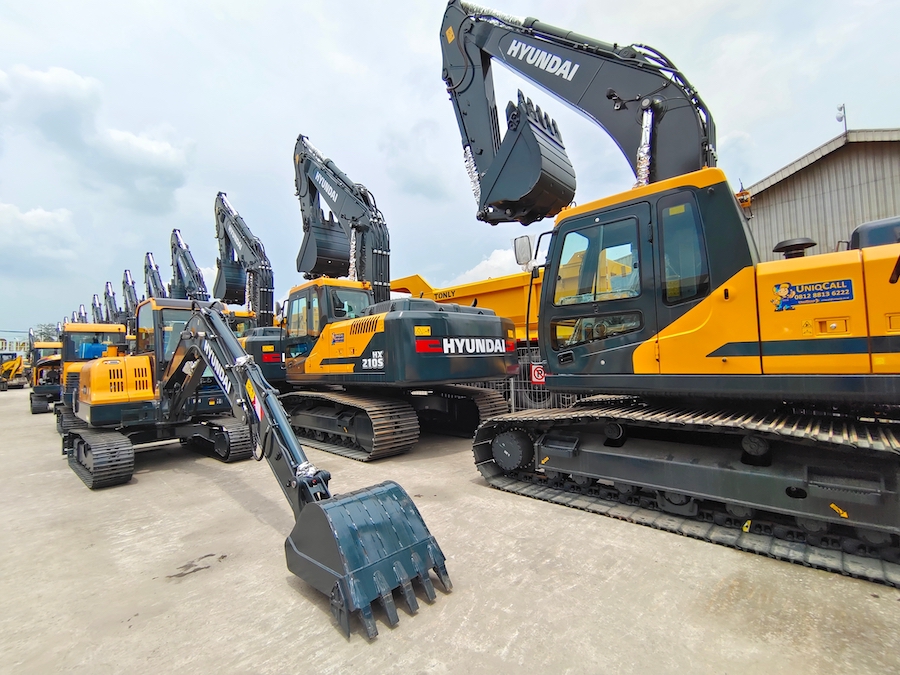
These days, technology and social media both seem to be rapidly expanding. Because of this, there’s all sorts of information out there—some of it “good” and some it is “bad”. The question is… Which of it should you be listening to?
We hear nonsense all the time pertaining to starting and managing a construction business so—for that reason—we wanted to dedicate an entire lesson to the myths associated with being an entrepreneur in the construction industry.
Myth #1 – You Just Need a Big Idea
“You just need a million dollar idea.” I’m sure you’ve heard this before. We wish it were that simple, but we can assure you that—if it were that easy—we would be seeing a lot more millionaires walking around, wouldn’t we?
In fact, we would argue that plenty of people do get great ideas, but how often do they actually take action and do something about it? Rarely.
Having a solid idea is crucial to being a successful construction business owner, but that idea doesn’t mean much at all if you aren’t willing to back it up with years of hard work and perseverance.
Myth #2 – You Need a Lot of Money
We watch shows like Shark Tank and tend to assume that it’s all about money. Yes, money does play a significant role in running a construction business—especially when it comes to purchasing equipment and materials—but we’ve witnessed plenty of entrepreneurs who have accomplished big things while “bootstrapping” it—or doing it on their own with minimal financial resources.
If you combine the knowledge that we’re providing you in this course with hard work and experience—both old and new—you can accomplish great things with your construction business.

Myth #3 – You’ll Have Plenty of Free Time
It’s a common misconception that those who own or manage their own construction business have a lot of free time. They’re often depicted pulling a boat in their new truck—with their wife and dog by their side. Yes, those memories will come, but not before you put some sweat equity into your business—and this can take some time.
Especially in the beginning, your business is your baby, and your baby will need some significant nurturing. This “nurturing” may include dealing with difficult clients, lazy employees, labor strikes, frighteningly low bank account balances, and plenty of more surprises down the road.
Myth #4 – You Can Be Your Own Boss
Yes, you’ll be the “boss”, but you won’t really be the “boss”. Allow us to explain…
You may not be required to report to a board of directors, but you’ll still be “reporting” to other “powers-that-be,” including clients, employees, planning boards, OSHA, the IRS, etc. All of these inconveniences will require your constant attention, because—believe me—if you don’t handle it—or at least check up on it—it likely won’t get done.
In addition, be cautious about going into a new construction business with the idea that you call all of the shots. Keep an open mind and try to consider that—whether you like to admit it or not—there will times when others are right and you are wrong. Remain humble and listen to others around you. They are there to help you… most of the time, anyway.
Myth #5 – You Have to Take a Lot of Risks
Yes—by definition—an “entrepreneur” tends to take more financial risks than the average person, but don’t assume this means that you need to take many—or even reckless—risks.
Go at your own pace. Take risks when you absolutely have to or when you feel comfortable enough to make a level-headed, responsible decision.
The best construction business owners have found a healthy relationship with risk, and—over time—you will develop this relationship as well.
View the complete article here.
Is it necessary to have a groundbreaking, million-dollar idea to succeed in the construction business?
While a solid idea is crucial, success in construction requires years of hard work and perseverance, not just a big idea.
Do you need a significant amount of money to start and run a successful construction business?
While money plays a role, many entrepreneurs achieve success by combining knowledge, hard work, and experience, even with minimal financial resources.












































